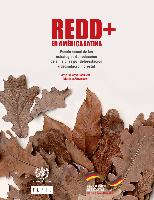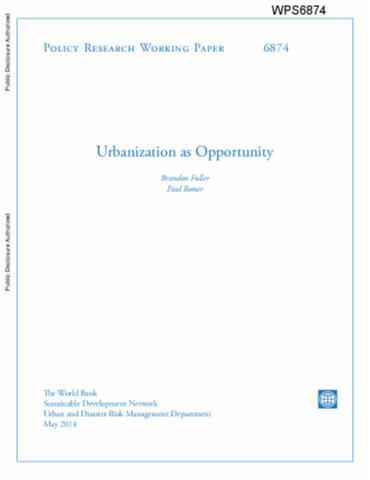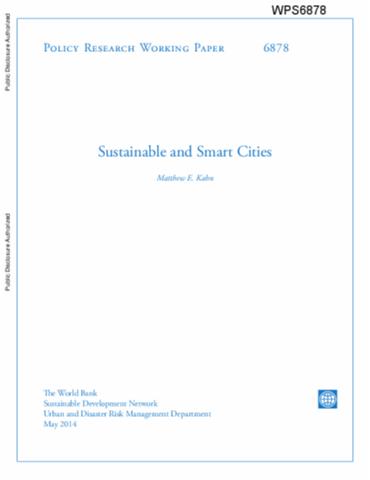Developing a Program for Contaminated Site Management in Low and Middle Income Countries
Contaminated sites associated with
economic growth and development and increased urbanization
pose a growing public health and environmental problem.
Emissions and discharges, particularly uncontrolled ones,
onto land can pollute the soil and the groundwater beneath,
and can also affect surface water quality and sediments in
nearby rivers and streams. This document is intended to
summarize the rationale and the major policy, regulatory,







